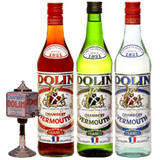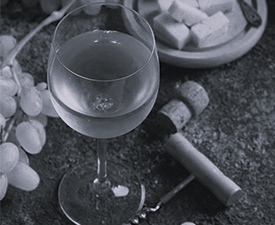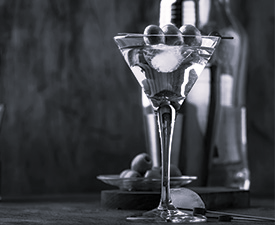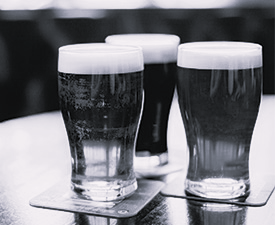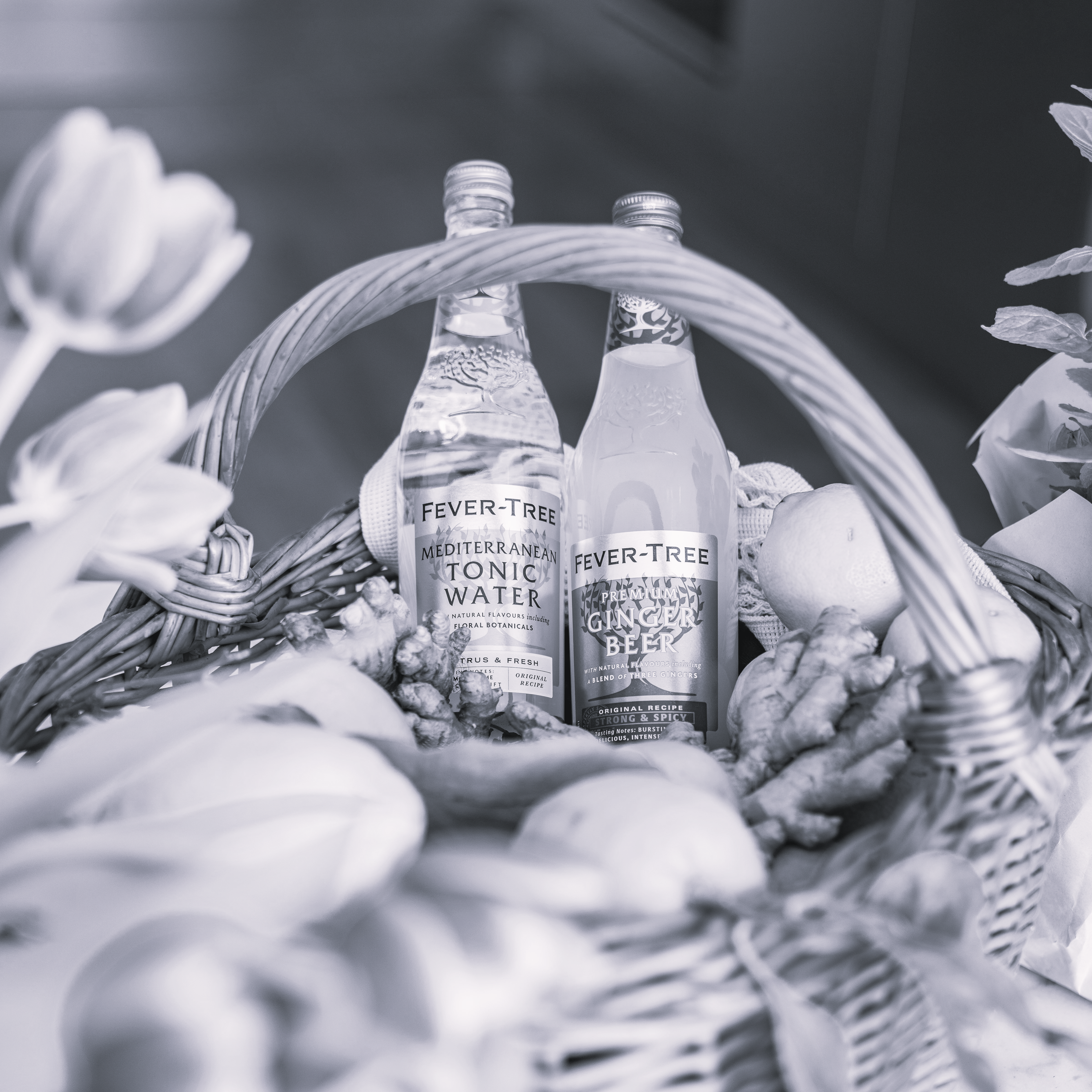Vermouth is a fortified wine, with a number of different aromatic herbs and spices added for flavour, also known as aromatized liquor. Vermouth is best known for its role in the popular cocktail, the Martini. Possibly the most respected French brand of vermouth in the world is Dolin, which has made some of the world's most famous cocktails. While in America and UK, if you order a Martini, you are likely to get a Gin or Vodka cocktail, in other parts of the world, ordering a Martini will get you a glass of sweet vermouth - popular as an aperitif.
There are different types of vermouth, ranging from dry vermouth used in popular cocktails to the very sweet white vermouth used as an aperitif. Sweet red vermouth also exists, although it is less sweet than its white cousin and semi-sweet vermouth that falls somewhere between dry and red is used as a mixer. Dry vermouth is approximately 18% alcohol and has up to 7% residual sugar left, while sweeter vermouths are around 16% alcohol and may have as much as 15% residual sugar.
Vermouth was created in the late 18th century by an Italian and was originally used as a tonic drink because of the healing herbs that went into its creation. These herbs included wormwood, nutmeg, coriander, juniper, orange peel, cloves, marjoram, and cinnamon. The name vermouth comes from the German word Wermut, which is the name for the wormwood plant, a herb also found in absinthe, helps to give vermouth its distinctive flavour. These aromatic herbs, although now a signature part of the taste, were originally used simply as an easy way to hide the flavour of the cheap wines used to produce vermouth.
Early vermouth was all sweet, made from red and white wines, and enjoyed primarily as an aperitif on its own. The French, 'Dolin' were involved with the promotion of dry vermouth in the early 19th century, and to this day, France is often associated with drier white vermouths and Italy with sweeter red vermouths, though both nations produce both in large quantities.
